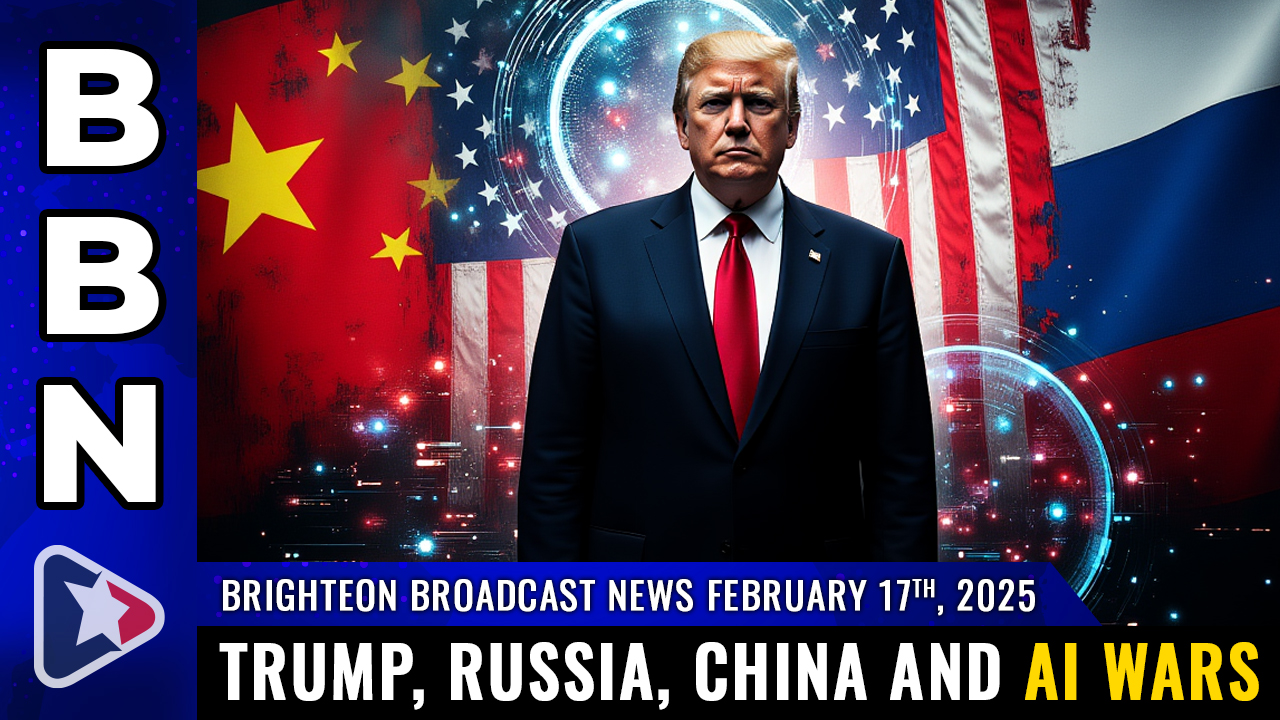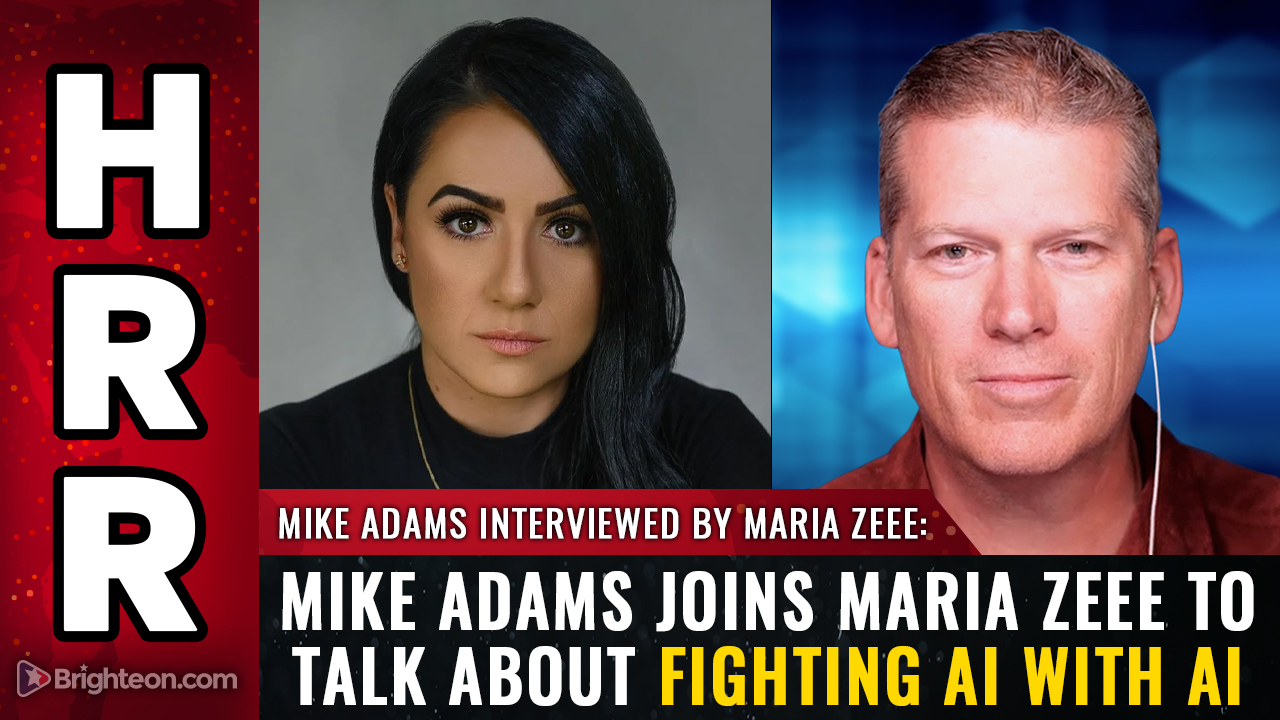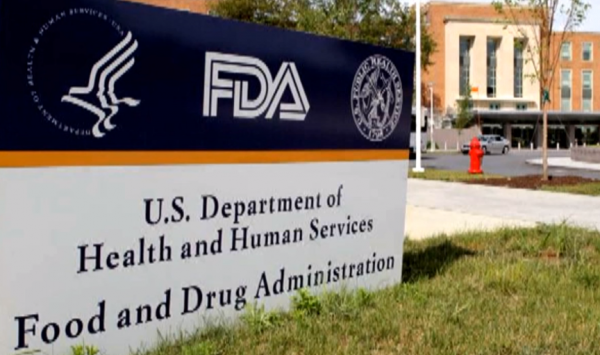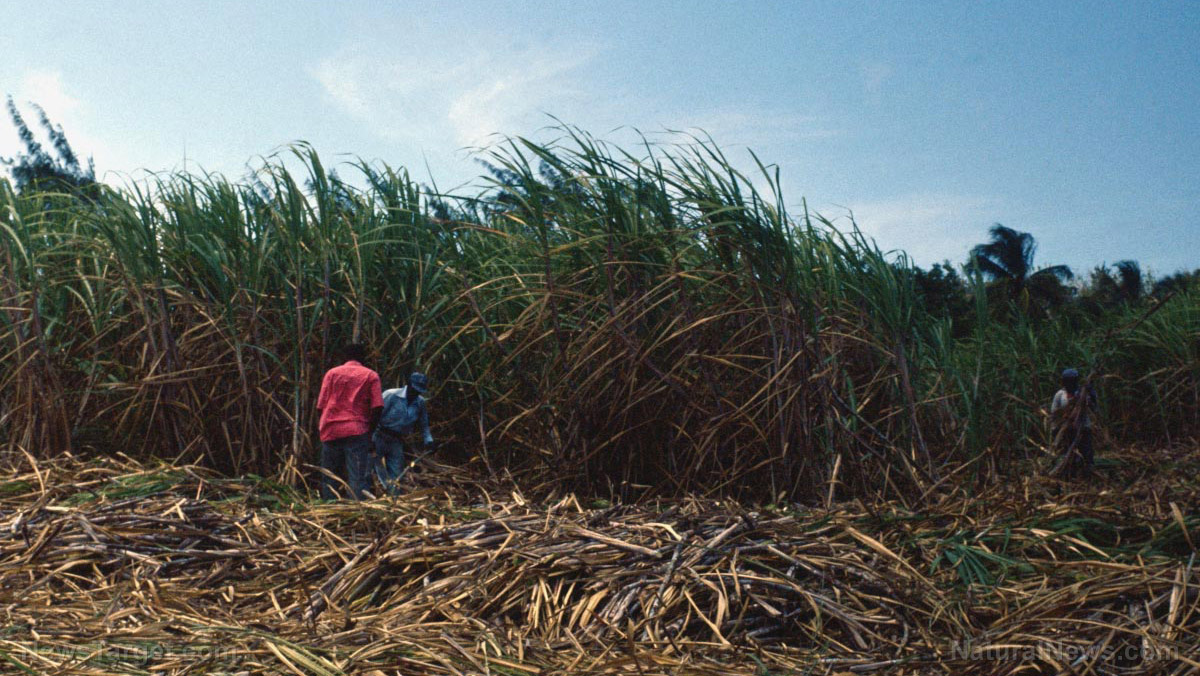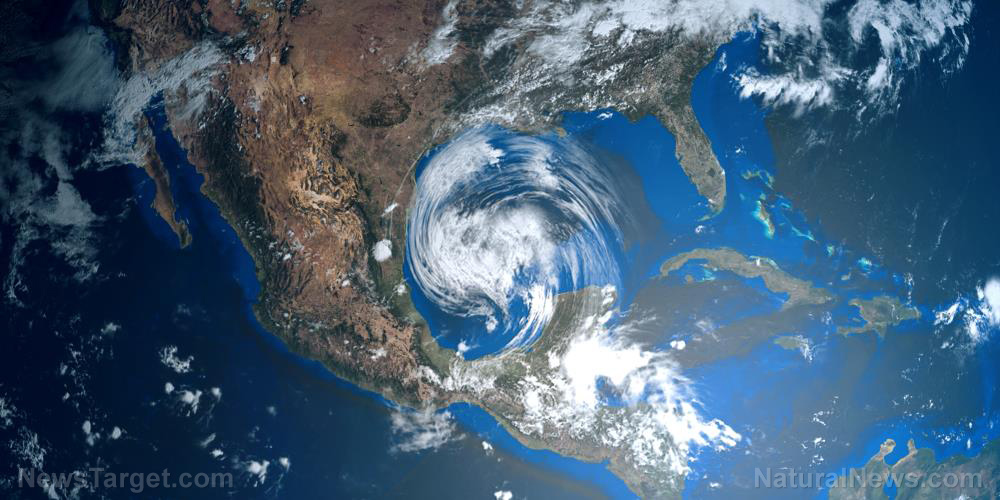USAID and BBC exposed: A global censorship machine undermining free speech and democratic discourse
By willowt // 2025-02-08
Tweet
Share
Copy

- USAID and the BBC have been accused of engaging in covert operations to silence dissenting voices and control public narratives under the guise of combating misinformation. This undermines free speech and raises ethical questions about government-funded media.
- On February 7, 2023, USAID placed all direct hire personnel on administrative leave, except for mission-critical functions and core leadership, signaling a major shift in the agency's direction due to increasing scrutiny over its financial ties and alleged influence campaigns.
- The BBC, often seen as a tool of U.K. government soft power, has been involved in initiatives like the Trusted News Initiative (TNI), which has been criticized for criminalizing free speech and controlling information globally.
- USAID has provided substantial funding to BBC Media Action over the years, raising concerns about the alignment of this funding with U.S. foreign policy interests and the impact on independent voices and medical freedom.
- The situation highlights the need for decentralized information networks, legal challenges, and public awareness campaigns to resist suppression efforts and protect democratic discourse and individual rights. The misuse of public funds by USAID in media influence campaigns underscores the need for transparency and accountability.
Shocking announcement
On Friday, Feb. 7, at 11:59 p.m. (EST), USAID announced that all direct hire personnel would be placed on administrative leave globally, with the exception of a select group managing mission-critical functions, core leadership and specially designated programs. This sudden move, announced just one day earlier, has sent ripples through the international aid community, signaling a dramatic shift in the agency's trajectory. The timing of this announcement is particularly significant, coming in the wake of increasing scrutiny over USAID's financial ties and alleged CIA-style influence campaigns. One of the most glaring examples of this is the agency's funding of BBC Media Action, a development arm of the BBC that has been accused of engaging in censorship under the guise of combating misinformation.BBC: An instrument of soft power and censorship
The BBC, often regarded as an extension of the U.K. government, has long been a tool for soft power projection across the world. Through initiatives like the Trusted News Initiative (TNI), the BBC has sought to regulate online discourse under the banner of combatting misinformation. However, recent reports have revealed that TNI has effectively criminalized free speech globally, undermining democratic discourse and controlling public narratives. This growing interference raises serious concerns about how foreign state-backed media entities like the BBC are impacting U.S. freedoms. The collaboration between international governments, corporate media and technology giants has created a centralized mechanism for controlling information. Through partnerships with Google, Meta, Microsoft and Twitter/X, these efforts restrict independent voices while reinforcing the dominance of mainstream pharmaceutical, governmental and corporate interests.USAID-BBC partnership: A convenient but dangerous alliance
USAID, traditionally associated with humanitarian aid and economic development, has long been implicated in funding media operations that align with U.S. foreign policy interests. BBC Media Action, the BBC’s international development charity, has received substantial financial support from USAID for various projects, including media influence campaigns in politically volatile regions. According to BBC Media Action’s press release from February 4, 2025, the U.S. government, through USAID, has provided substantial funding over multiple years. Historical data indicates that in the 2017-2018 financial year, USAID contributed approximately £0.9 million to BBC Media Action. This funding is part of a broader financial relationship spanning several years, with allocations varying annually. The exact yearly allocations from USAID have not always been fully disclosed but indicate a longstanding financial influence that aligns with USAID's broader strategic priorities. The BBC, TNI and the targeting of platforms like GreenMedInfo (GMI) highlight the extent of this suppression. GMI, a platform dedicated to natural health and evidence-based alternative medicine, has come under increasing attack in recent years. A 2020 report by the Institute for Strategic Dialogue (ISD) and BBC Click explicitly targeted GMI as a source of "misinformation," grouping it with far-right extremism and conspiracy theories. This classification raises serious concerns about the role of coordinated suppression efforts and black media smear campaigns against platforms advocating for medical freedom and holistic health.Call for transparency and resistance
The censorship of alternative health information is not limited to BBC reports. There is an evident public-private partnership involving social media platforms, financial institutions and fact-checking organizations, all systematically deplatforming and restricting the reach of independent health voices. For those concerned about medical freedom, this situation underscores the importance of:- Decentralized Information Networks: Using blockchain-based or independent publishing platforms to evade Big Tech censorship.
- Legal Challenges: Pressuring policymakers and legal institutions to investigate government-funded suppression campaigns.
- Public Awareness Campaigns: Educating the public on how narratives are shaped by interconnected global institutions with vested interests.
Battle for information and freedom
The targeting of GreenMedInfo by entities with ties to USAID, BBC and the Trusted News Initiative highlights a larger battle over who controls information. The weaponization of media and funding to silence dissenting voices in the health sphere is a direct threat to democratic discourse and individual rights. As these suppression efforts escalate, it is imperative for the public to recognize, resist and call for accountability from these powerful institutions. The revelations about USAID and BBC Media Action are a wake-up call. The public deserves transparency regarding how taxpayer dollars are being used to suppress free speech and dictate acceptable medical discourse. The integrity of the press and the ethics of government funding in journalism are now under the microscope, and the outcomes of this scrutiny will have far-reaching implications for the future of information and democracy in the United States and beyond. Sources include: Substack.com WhiteHouse.gov NaturalNews.comTweet
Share
Copy
Tagged Under:
First Amendment corruption censorship Trump conspiracy big government globalism deception deep state thought police rigged speech police outrage media fact watch Musk liberty newsparody
You Might Also Like
Trump’s Victory Triggers ‘Great Reveal,’ Exposes Deep State Corruption
By Finn Heartley // Share
Europe told to brace for flood of Ukrainian soldiers with PTSD
By News Editors // Share
Trump administration gives schools 14 days to scrap DEI policies or lose federal funding
By Cassie B. // Share
FDA misled the judiciary about Pfizer’s vaccine documents
By News Editors // Share
Recent News
Afghan migrant arrested in Germany after fatally stabbing female boss
By lauraharris // Share
From lifesaving to life-threatening? Study finds CT scans could be causing cancer
By avagrace // Share
FDA moves to ban children's fluoride supplements amid growing health concerns
By isabelle // Share
